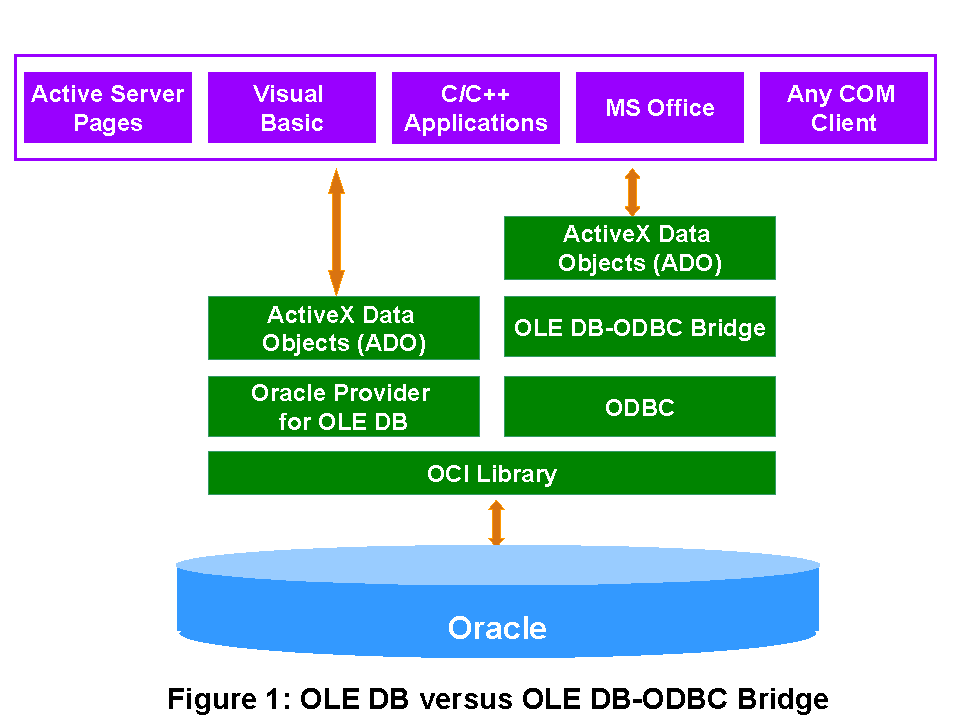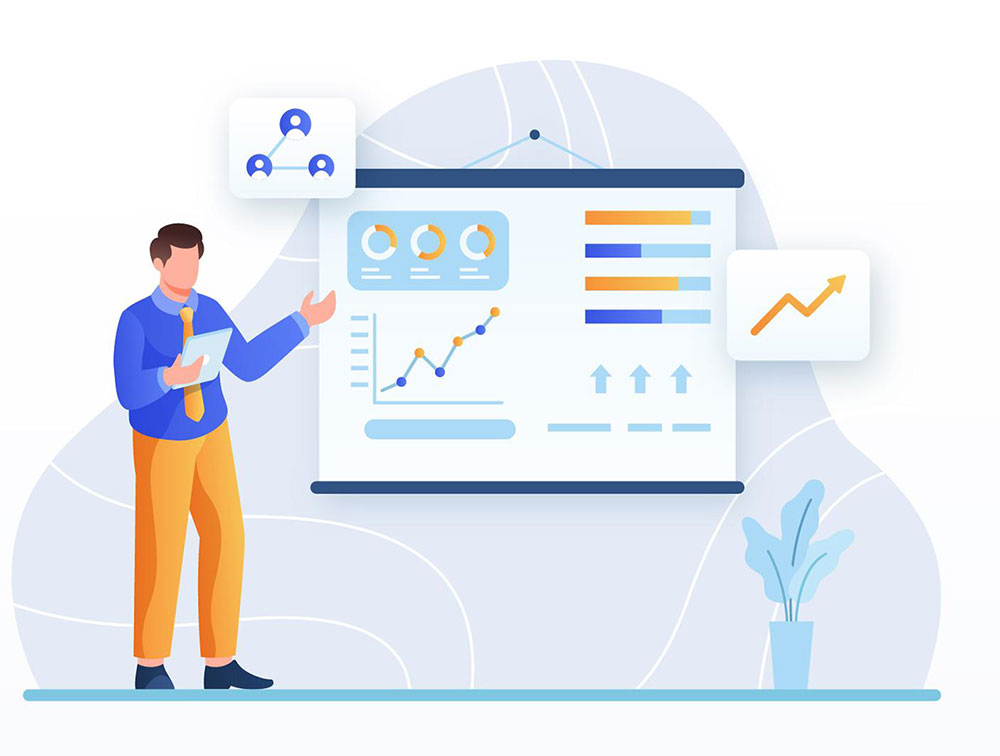Contrasting Popular Database Providers: Functions and Prices
Contrasting Popular Database Providers: Functions and Prices
Blog Article
Key Functions to Seek When Selecting a Data Source Service Provider
Choosing a data source company is an essential decision that can dramatically impact your organization's data and operations monitoring strategy. Amongst the important attributes to consider are scalability options, which make sure that your system can adjust to expanding demands. Safety and security procedures, efficiency metrics, and client assistance additionally play pivotal functions in this examination procedure. As you consider these factors, it ends up being noticeable that the selection is not merely about functionality but likewise regarding lining up with your long-lasting vision. What other considerations might affect this crucial choice?
Scalability Options
When choosing a database provider, understanding scalability alternatives is critical to making certain that the picked option can fit future growth. Scalability describes the capacity of a data source system to expand its capacity and efficiency in action to enhanced demand. There are 2 main kinds of scalability: upright and horizontal.
Vertical scalability, or "scaling up," entails improving a single web server's sources, such as CPU, RAM, or storage. This technique can be uncomplicated and affordable for smaller applications yet might get to a limitation where even more upgrades are also costly or impractical.
Straight scalability, or "scaling out," involves including a lot more servers to disperse the load. This technique enables better flexibility and can suit substantial increases in information volume and individual traffic (database provider). It is specifically beneficial for cloud-based database remedies that can dynamically designate sources based on need

Safety And Security Measures

When examining safety steps, consider the implementation of security procedures (database provider). Data-at-rest and data-in-transit encryption are important to make certain that sensitive details stays safeguarded, even in case of a safety breach. Furthermore, look for suppliers that provide solid authentication systems, such as multi-factor verification (MFA), to better improve access control
Routine protection audits and compliance with market requirements, such as GDPR or HIPAA, are indicative of a service provider's dedication to data defense. Moreover, ask about their event feedback plan; a durable plan can lessen the impact of any type of potential safety case.
Efficiency Metrics
Assessing performance metrics is important for organizations to make certain that their chosen database company fulfills functional needs. Key performance metrics consist of response scalability, time, and throughput, which collectively identify the performance of data source operations under varying tons.
Feedback time is critical, as it reflects exactly how quickly the database can refine questions and return outcomes. Organizations should search for metrics that suggest ordinary feedback times throughout peak and off-peak hours. Throughput, typically determined in purchases per second (TPS), provides insight into the database's ability to deal with high volumes of requests without performance deterioration.
Scalability examines the data source's ability to expand try this website with the company's demands. A durable data source provider should demonstrate horizontal and vertical scaling capacities, permitting seamless adjustments as needs rise and fall. In addition, recognizing latency, especially in distributed systems, can assist organizations assess the responsiveness of the database throughout various geographical locations.
Consumer Assistance
Reliable consumer support is a cornerstone of reliable database monitoring, giving companies with the assistance required to solve issues and maximize performance. When selecting a data source company, evaluating the degree of customer assistance they provide is important. A durable support group need to Visit Your URL include numerous channels of interaction, such as phone, email, and live conversation, making sure that individuals can access help whenever they need it.
In addition, responsive assistance teams that are offered 24/7 greatly improve the reliability of the database solution. Prompt action times and effective resolution of problems can considerably decrease downtime and increase overall productivity. It is likewise useful to consider the schedule of specialized assistance personnel, who can supply tailored aid based on a company's specific requirements.

Pricing Framework
When considering a database carrier, the prices framework is a pivotal aspect that can significantly impact a company's budget and general approach. A transparent and versatile pricing design is crucial for aligning the data source sets you back with organization needs - database provider. Organizations must evaluate whether the prices you could check here is based on intake, per user, or a flat price, as each version can yield different monetary effects over time
It is very important to examine any kind of added costs connected with the carrier's solutions, such as information storage fees, transaction costs, and support charges. Some suppliers might supply tiered rates, permitting scalability as the company expands, while others might impose strict limits that could become costly as data requirements increase.
Moreover, organizations should consider the long-term worth of the data source option. While reduced preliminary costs can be attractive, they may not account for future upgrades, upkeep costs, or assimilation expenses. Carrying out a detailed cost-benefit evaluation will help identify one of the most ideal prices framework that stabilizes assistance, scalability, and efficiency, inevitably guaranteeing that the selected database service provider aligns with the company's functional and monetary objectives.
Verdict
In final thought, selecting a data source company necessitates cautious consideration of numerous important attributes. Scalability alternatives guarantee adaptability to future development, while robust protection steps safeguard delicate information. Examining performance metrics makes it possible for the identification of reliable databases, and easily accessible customer assistance enhances the general user experience. A clear pricing structure better adds to educated decision-making. By thoroughly examining these factors, companies can make strategic options that straighten with their lasting objectives and functional needs.
Choosing a database supplier is a crucial decision that can dramatically influence your company's data and procedures monitoring approach.When selecting a database company, recognizing scalability alternatives is crucial to guaranteeing that the selected service can fit future growth. When choosing a database service provider, reviewing the degree of client assistance they offer is essential.When considering a database carrier, the pricing framework is a pivotal factor that can considerably impact an organization's spending plan and total approach. Performing a detailed cost-benefit evaluation will help identify the most ideal rates structure that balances efficiency, scalability, and support, ultimately ensuring that the picked database company aligns with the organization's economic and functional objectives.
Report this page